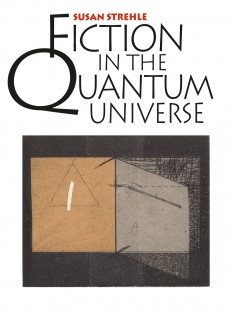
Fiction in the Quantum Universe
Susan Strehle
 Publisher: University of North Carolina Press
Publisher: University of North Carolina Press
Imprint: The University of North Carolina Press
Published: 11/2000
Pages: 293
Subject: Literary Criticism
| University of North Carolina
Print ISBN: 9.78E+12
eBook ISBN: 9780807864883
DESCRIPTION
According to Strehle, the actualists balance attention to questions of art with an engaged meditation on the external, actual world. While these actualist novels diverge markedly from realistic practice, Strehle claims that they do so in order to reflect more acutely what we now understand as real. Reality is no longer "realistic"; in the new physical or quantum universe, reality is discontinuous, energetic, relative, statistical, subjectively seen, and uncertainly known -- all terms taken from new physics.
Actualist fiction is characterized by incompletions, indeterminacy, and "open" endings unsatisfying to the readerly wish for fulfilled promises and completed patterns. Gravity's Rainbow, for example, ends not with a period but with a dash. Strehle argues that such innovations in narrative reflect on twentieth-century history, politics, science, and discourse.




